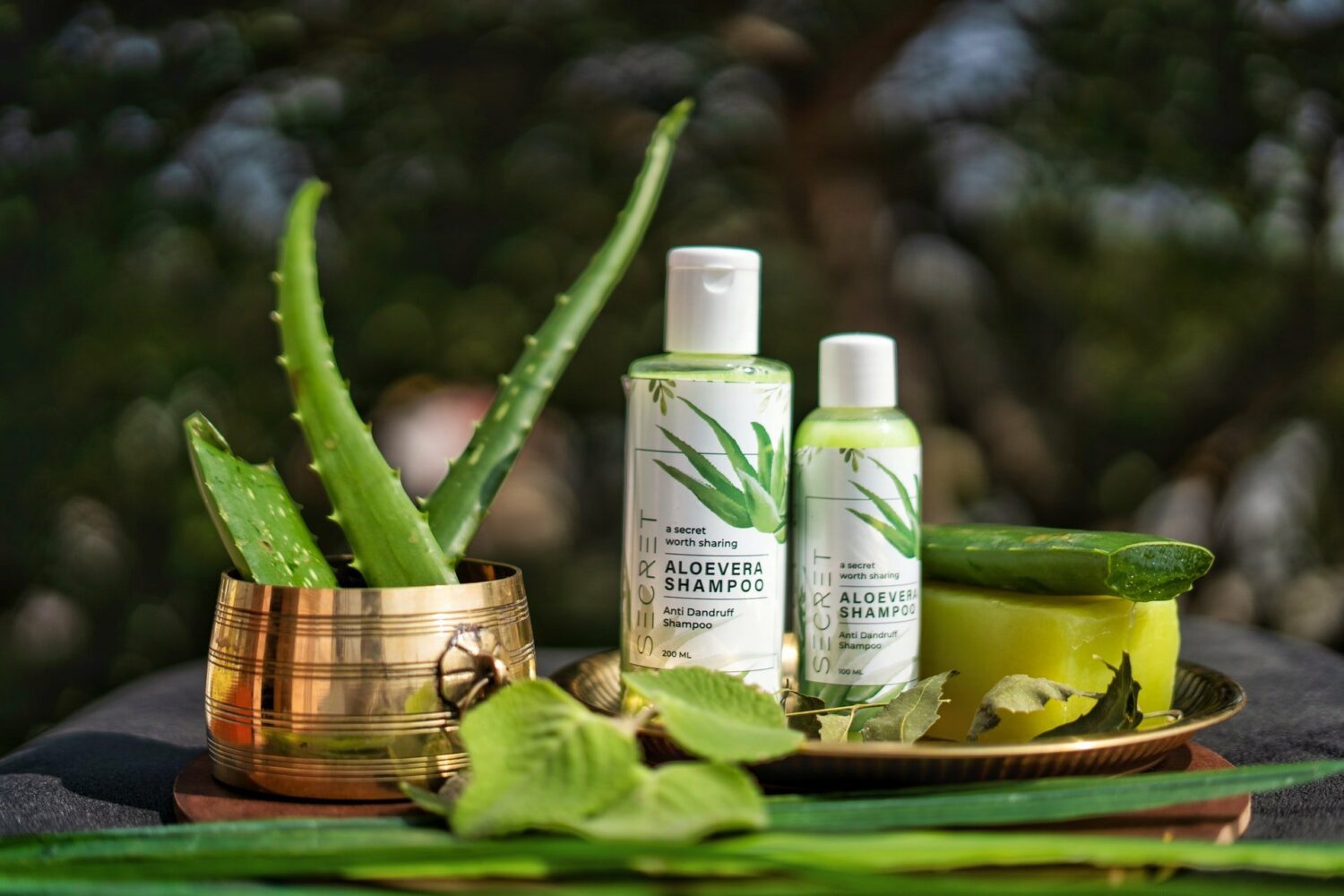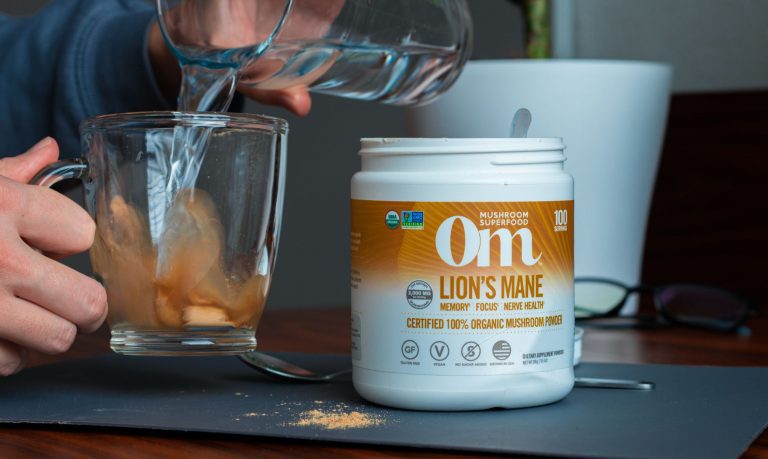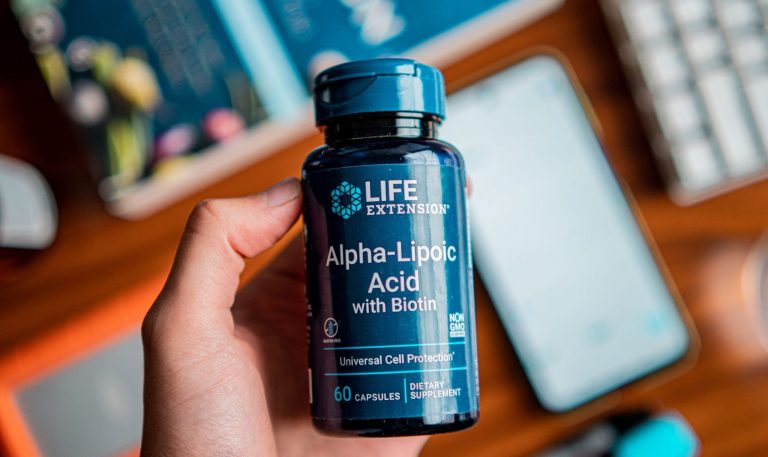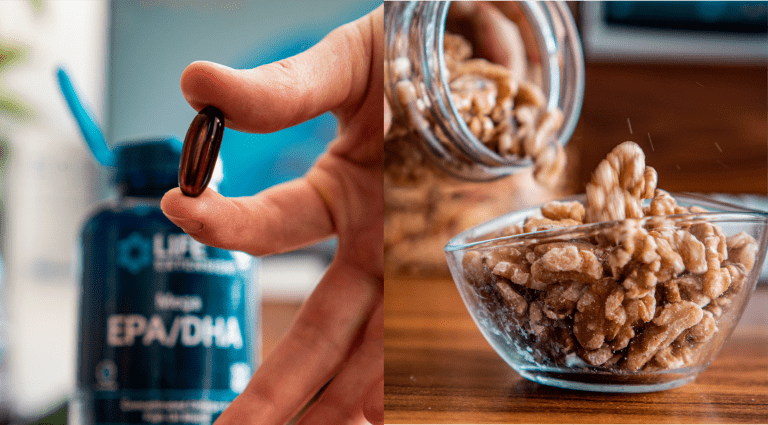Aloe Vera: 5 Benefits, Nutrition & Anti-Aging
Aloe vera is one of the most nutrient-dense plants in the world, widely known and used in cosmetics for its skin healing properties. Aloe is a succulent plant used by Egyptians, Chinese, and many Mediterranean civilizations, not just as décor but also as a therapeutic plant in alternative medicine.
Aloe Vera Nutrition
Aloe contains around 96% water, being extremely hydrating, it’s a plant that can help you detox, hydrate, and regenerate from the inside out.
Fun Fact
Aloe has an amazing nutrient-dense profile, containing lots of vitamins and minerals like vitamins A, C, and E which are all powerful antioxidants. It is full of chromium, iron, zinc, B1, B2, B3, B6, folic acid, and B12 vitamins.
Aloe vera contains high amounts of bioactive components which may help to reverse aging, promote healthy-looking skin, strengthen your nails, and thicken your hair. Aloe can nourish your kidney, spleen, liver, and colon, enabling your body to flush toxins out.
This combination has multiple health benefits and provides your body with the essential micronutrients needed for optimal function of your body. Aloe’s gel contains a special type of protein that has 18 of 20 amino acids found in the human body.
Aloe Vera Origin
Aloe vera’s name is derived from the Arabic word “alloeh” which means shining brighter while “vera” in Latin means true. Greek scientists used Aloe as the universal panacea, called by Egyptians “the plant of immortality”. (1)
Uses and Superpowers
Using this plant in its natural form is the best for skin regeneration, especially after rashes or sunburn. Aloe can be applied topically on the skin, but it can also be used in cosmetics as a face cleanser or a shampoo.
You can drink aloe vera juice, which can enhance your digestive system’s health due to the presence of bioactive compounds like anthraquinones, which may stimulate mucus secretion and increase intestinal peristalsis.
It is a superfood for a reason. Aloe vera has high antioxidant properties due to the fact it is loaded with bioactive compounds like enzymes, phenolic compounds, anthraquinones, lecithins, glycoproteins, polysaccharides, vitamins, and minerals.
Immuno-boosting effects are not a surprise since aloe vera has anti-fungal, anti-viral, anti-septic, and anti-bacterial properties.
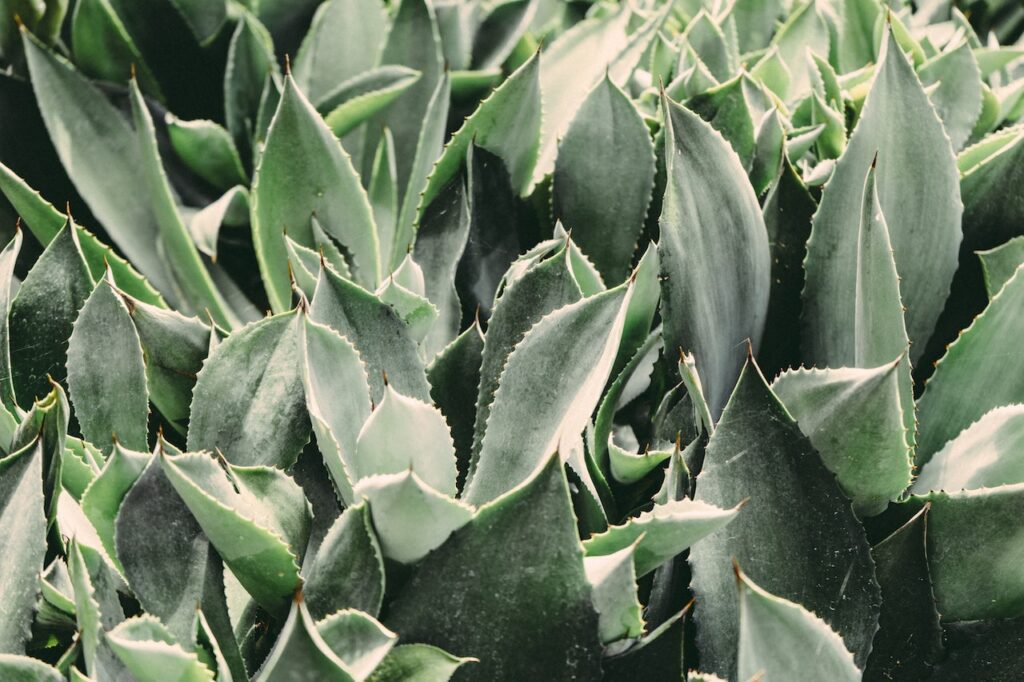
Health Benefits Of Aloe Vera
Skin regeneration, anti-aging properties, prevent skin diseases
Aloe’s superpower lies in its ability to hydrate our skin since it contains 96% water and combinations of organic compounds in the right ratio to act as a beauty tonic, due to its high content of vitamin C, vitamin E, and beta-carotene. Complex types of carbohydrates like polysaccharides present in aloe can enhance water retention in the skin, being an effective moisturizer.
Aloe vera may increase the production of hyaluronic acid and collagen by 1.5-2 fold, due to its potent plant sterols. (2) Tested in 30 females, aloe seemed effective in improving skin elasticity and facial wrinkles, plus it increased the expression of type I procollagen in human skin. (3)
- Combination of propolis (20%), tea tree oil (3%), and aloe vera (10%) cream was also effective in reducing erythema scars, acne severity, and lesion count. (4)
- Aloe’s uses extend further, and may relieve burning or itching sensations as seen in patients with radiation, which experienced complete skin regeneration. Aloe enhanced time for reepithelization. (5)
Different forms of Aloe exist, and being from the same family all of them are supposed to help in skin regeneration, but this study has proven for Aloe vera to be most powerful in comparison to other forms like Aloe marlothii and Aloe ferox. (6)(7)
Dermatological Conditions, Healing Wounds, And Skin Burns
Aloe vera may have multiple skin benefits, so this systematic review was made to summarize all dermatology-oriented experiments and clinical trials. Aloe vera may be effective for wound healing and may reduce tumor incidence in the liver, spleen, and bone marrow. It can be used as an antifungal or anti-microbial agent. (8)
Aloe has also been used to prevent skin ulcers and treat burn wounds, but also in many other skin-related problems like genital herpes, psoriasis, or pressure ulcers. (9) Aloe can be used for retaining skin moisture and can improve skin health due to its therapeutic effects on the skin.
The anti-inflammatory, anti-arthritis, antifungal, antibacterial and hypoglycemic effects of aloe can attribute to its wound-healing properties. (10) Aloe may improve cell signaling, which is crucial in wound healing. Our skin can heal faster if the cells where the injury has occurred can communicate more efficiently.
If skincare is of great interest, check out Red Light Therapy for Skin Repair.
Diabetes, Stabilize Sugar Levels
Long-term dietary administration of 100g Aloe vera gel preparation with 20 g of psyllium seeds husks was shown to have hypoglycemic and hypolipidemic effects, which means it stabilized (lowered) blood sugar and blood lipid levels.
- In 5000 patients aged 35-65 years (with atheromatous heart disease, non-insulin-dependent diabetic patients) aloe significantly reduced serum cholesterol, triglycerides, and total lipid levels with an increase of HDL (the good cholesterol). (11)
- Aloe plants contain a hypoglycemic agent that can lower blood glucose. Tested in 5 non-insulin-dependent diabetes patients and Swiss albino mice, aloe plants reduced fasting serum glucose level in each patient. (12)
Aloe’s antidiabetic activity significantly reduced levels of fasting blood glucose in two weeks and lowered triglycerides in four weeks in diabetes mellitus patients. Therefore, aloe vera has the potential of being used as an antidiabetic agent. (13) (14)
Antiviral, Antibacterial, Antioxidant, Antifungal Properties
Aloe vera used for its therapeutic effects has shown lots of benefits in decreasing overall inflammation and enabling our body to fight bacteria and improve cell communication.
In this study, a hot glycerin extract of Aloe vera was tested against herpes simplex virus type 2. The results showed that the dosage of 700 micrograms/ml of the extract had antiviral protective effects while 100 micrograms/ml did not. (15)
A study aimed to test, identify and compare antioxidant activities and phytochemical content between aloe vera lyophilized leaf gel (LGE) and 95% ethanol leaf gel extracts. It found that Aloe vera may be useful in the prevention of cardiovascular diseases, neurodegeneration, diabetes, and cancer due to its phytochemical composition. (16) Aloe also showed a high ORAC value, which shows antioxidant capacity, due to the presence of some polyphenolic antioxidants.
Aloe’s antifungal effects were examined on selected fungal species of pathogenic otomycosis species, it turned out that in comparison to Aspergillus Niger, Aloe vera had a much higher effect. (17)
Natural Laxative Properties, May Improve Constipation
There are lots of contradictory studies and advice out there on the usage of aloe vera for treating digestion problems, so before you make your decision, especially for oral consumption, you must consult your doctor first. (18)
There is a compound called Barbaloin and some other phytoconstituents that have laxative properties. (19)
Extra Research: Aloe Laxative Properties – Constipation
- In this study, the 200mg/kg of body weight (gel made from aloe vera houseplant) was shown to be most effective for treating constipation in rats. In only in 7 days it improved intestinal motility, increased fecal volume, and normalized body weight. This shows that aloe has some important laxative properties. (20)
- Another study revealed tumor growth in large intestines of laboratory rats, (21) so, in 2002, the U.S Food and Drug Administration required that all these aloe laxative products are removed from the U.S market. The Mayo Clinic recommends aloe vera’s usage but in smaller dosages like 0.04 to 0.17grams of dried juice, while higher dosages and long-term supplementation may cause kidney failure and be fatal. (22)
- Aloe Vera was used for IBS and IBD, but there’s not enough evidence to confirm this. In these two studies, Aloe vera didn’t have a significant effect on individuals with inflammatory bowel disease or irritable bowel syndrome. (23) (24) In contrast, in another study Aloe vera actually reduced abdominal pain and discomfort.
May Improve Dental Health By Reducing Dental Plaque
Aloe vera, besides being so nutritious, has many benefits for the body. It has been used in toothpaste and other mouthwash products, because of its antibacterial properties. It was efficient in decreasing plaque and relieving gingivitis symptoms. This plant has antiseptic and anti-inflammatory properties used in gingivitis and periodontitis treatment. (25) (26)
Aloe vera was compared to Chlorhexidine and a placebo over four day period, for its efficacy in decreasing dental plaque. It was shown that aloe has an equal effect in reducing teeth plaque as Chlorhexidine.
Research Limitations
*Studies have some limitations, important to evaluate the validity of their results. Here’s a highlight of some and NOT ALL studies (and limitation), shown in this article, for context.
- Lower quality of reviewed literature, unpublished articles, limited access and small sample size.
In-vitro research done in human dermal fibroblasts * studies of biological molecules outside of living organism.
Studies on specific population, may be hard to generalize *Japanese women with dry skin, healthy women >40 years, patients with acne.
Studies with unclear mechanism of action of Aloe Vera for cutaneous aging prevention.
In need of further placebo-controlled research for optimal effective dose, with longer duration.
Difference in Aloe Vera preparations (creams), administrations and study designs.
Aged data or data older 10 years *2012, 2011, 2009, 2007, 2006, 1996, 1986 etc.
Aloe Vera Uses
Aloe vera is found in different forms like gels, liquids, or skin-health-related cosmetic products and can be used orally or applied topically.
Uses: Aloe vera may be effective for treating acne, sunburns, constipation, diabetes, genital herpes, rashes or skin sores, psoriasis, and oral submucous fibrosis.
It has shown to be possibly ineffective for HIV/AIDS, radiation dermatitis, and burning mouth pain and there is also insufficient evidence for dry socket, small tears in the anus lining, cancer, cancer strokes, tooth plaque, diaper rash, dry skin, frostbite, foot sores in diabetics, gingivitis, hepatitis, wound healing and stretch marks. (27)
Frequently Asked Questions
What are the benefits of aloe vera?
The potential benefits of Aloe Vera are:
– It is highly nutritious superfood
– Great content of fat-soluble vitamins
– It is 96% water, extremely hydrating
– Has bioactive compounds great for skin health
– It aids in anti-aging/ skin regeneration
– May help with would healing and skin burns
– May stabilize sugar levels
– Has antiviral, antifungal, antibacterial properties
– Has natural laxative properties
– May reduce dental plaque
– May help with skin rash, sores and psoriasis
Is aloe vera beneficial for skincare?
Yes, aloe vera contains 96% water and a good chunk of antioxidants and fat-soluble vitamins. This is great news for the skin. It can act as a natural moisturized, while having a good vitamin ratio to be a beauty tonic. It has high vitamin C, vitamin E and Beta-caroten content. Aloe’s polysaccharides enhance water-retention in the skin. Aloe may also increase the production of hyaluronic acid and collagen which consequentially, may reduce wrinkle depth.
Can I topically apply aloe vera on my skin?
Yes, there are many skincare products that use aloe vera as their main ingredient. Aloe’s structure has very good hydrating properties for the skin, with a good amount of vitamin C, E and beta-carotene in it. Other products used in conjunction with aloe vera are propolis and tea tree oil.
What are the benefits of drinking aloe vera liquid?
Drinking aloe vera liquid may provide benefits such as: digestion improvement, reduced constipation, hydrating properties, liver detox, heartburn relief, skin tonic and providing nutrients like fat soluble vitamins and vitamin C.
Does aloe vera dry the skin or moisturize it?
Aloe vera moisturizes the skin. It has 96% water, combined with vitamin C and polysaccharides that have great water-retention properties. Research shows that aloe vera might reduce wrinkle deps, increase skin elasticity and collagen production.

